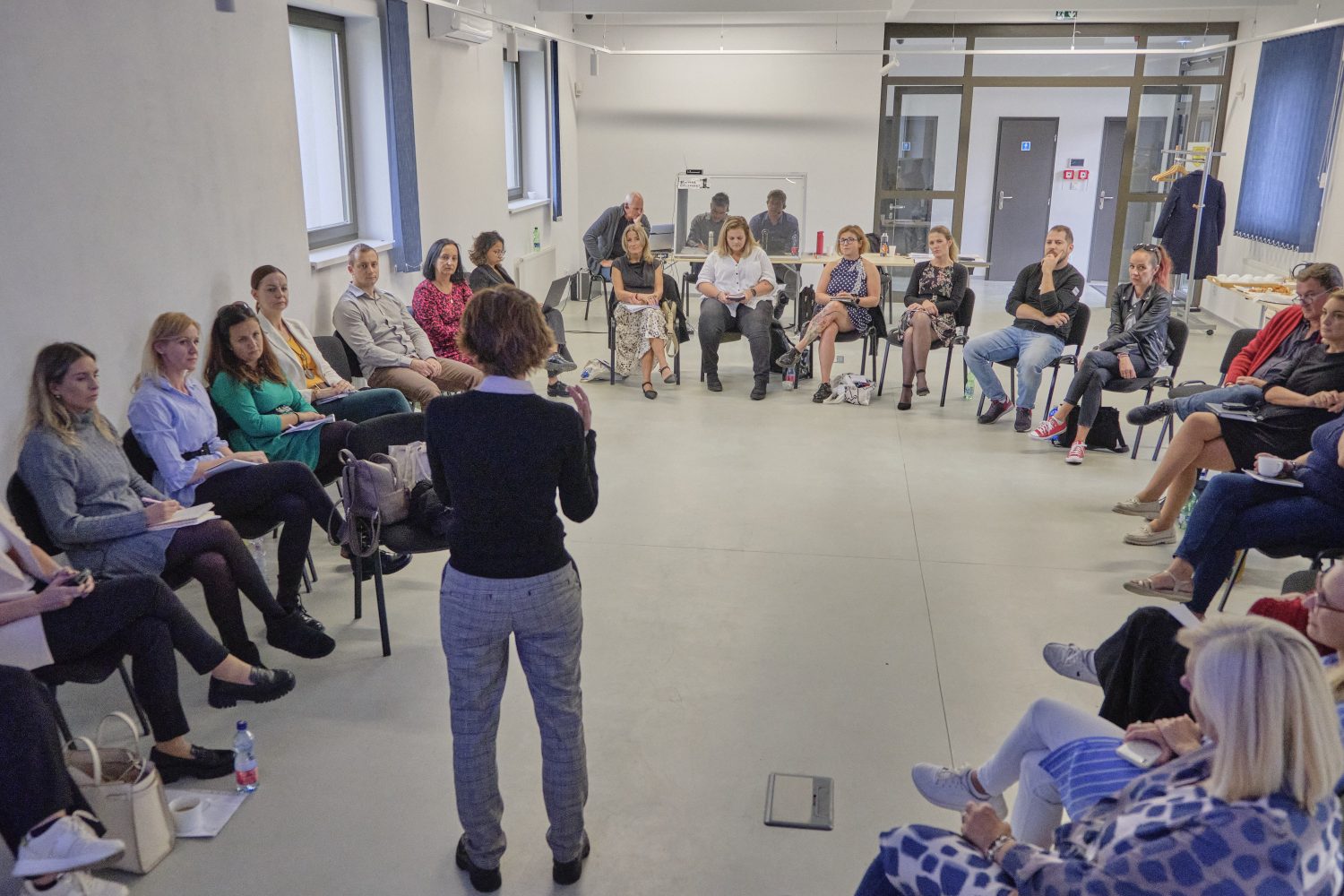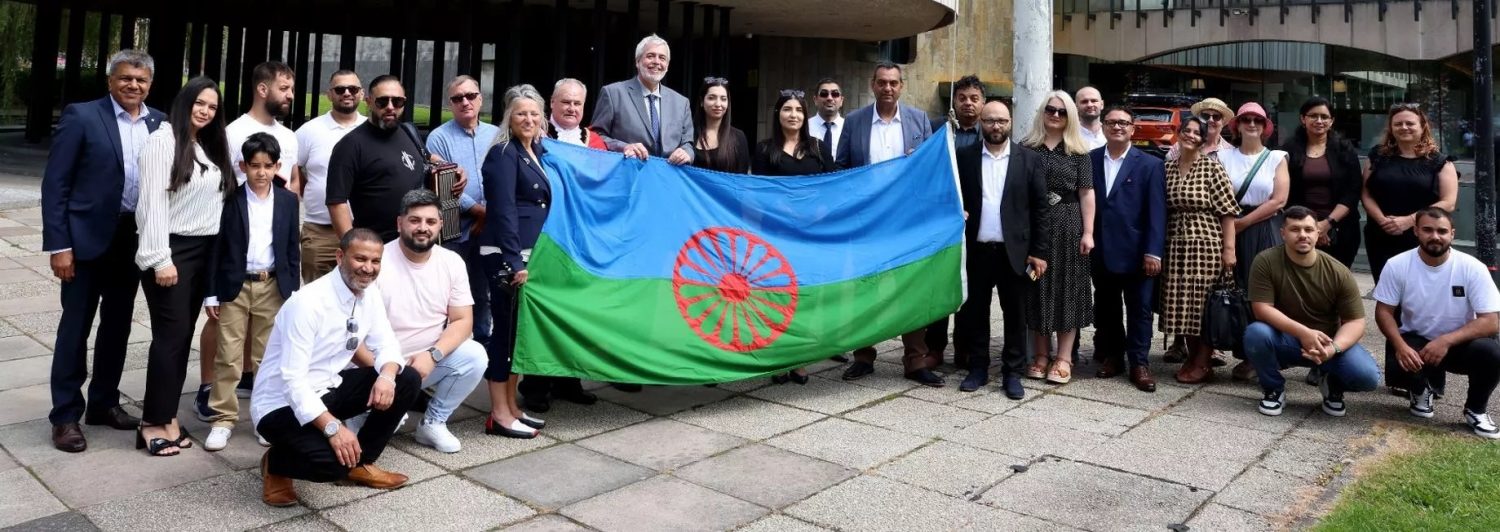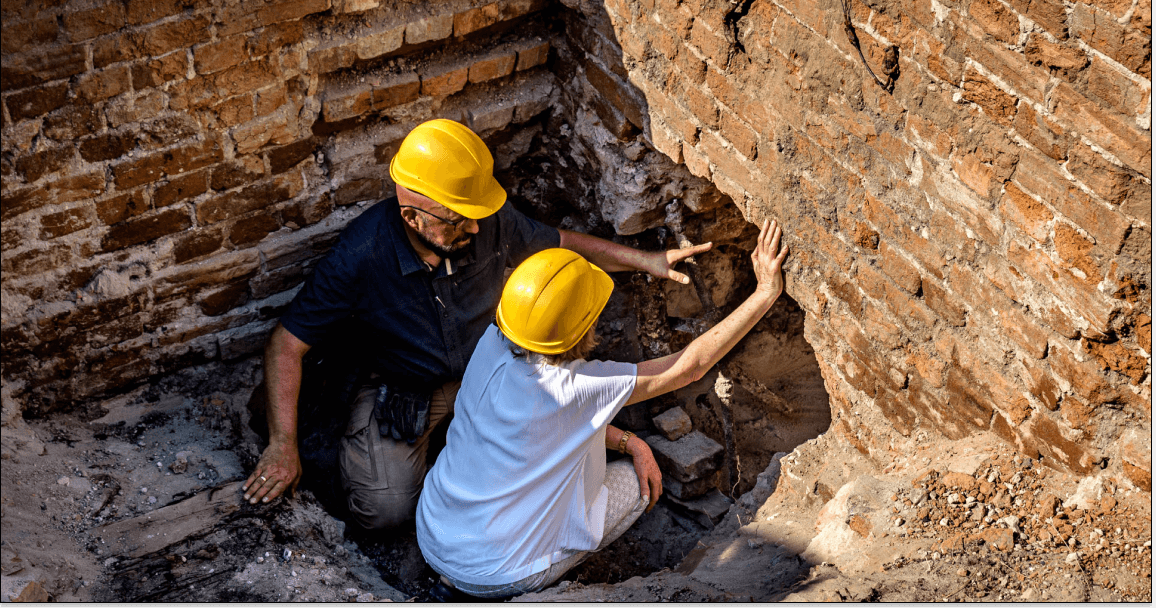
See all countries
- Argentina
- Australia
- Austria
- Belgium
- Bulgaria
- Canada
- Croatia
- Czech Republic
- Denmark
- Estonia
- Finland
- France
- Germany
- Greece
- Hungary
- Ireland
- Israel
- Italy
- Latvia
- Lithuania
- Luxembourg
- Netherlands
- North Macedonia
- Norway
- Poland
- Portugal
- Romania
- Serbia
- Slovakia
- Slovenia
- Spain
- Sweden
- Switzerland
- United Kingdom
- United States of America
Joined the IHRA
1999
International Holocaust Remembrance Day
27 January
Warsaw Ghetto Uprising
19 April
Jan Lazicki (Ministry of Foreign Affairs) – Head of Delegation
Piotr Rypson (Department of Cultural Heritage in Ministry of Culture and National Heritage) – Deputy Head of Delegation
Michal Bilewicz (Warsaw University) – Academic Working Group
Lucja Koch (POLIN Museum of the History of Polish Jews) – Museums and Memorials Working Group
Agnieszka Haska (Polish Academy of Science) – Academic Working Group
Andrzej Kacorzyk (Auschwitz-Birkenau State Museum) – Museums and Memorials Working Group
Tomasz Kranz (Majdanek State Museum) – Museums and Memorials Working Group
Malgorzata Skorka (Ministry of National Education) – Education Working Group
Aleksandra Janus (Fundacja “Zapomniane”) – Museums and Memorials Working Group
Piotr Trojanski (Pedagogical University of Cracow) – Education Working Group
Andrzej Zbikowski (Jewish Historical Institute) – Academic Working Group
Aleksandra Gliszczyńska-Grabias (Institute of Law Studies of the Polish Academy of Sciences) – Academic Working Group
Joanna Talewicz (Fundacja w Stronę Dialogu) – Education Working Group
Following the adoption of the Stockholm Declaration, the Polish government added Holocaust education to school curricula. Holocaust research has developed tremendously since 2000 — now all major universities offer courses in Jewish and Holocaust Studies. The Perpetual Fund of the Auschwitz Birkenau Foundation, which provides the necessary resources for the conservation of the former camp, was also established.
Cooperation with the IHRA has helped to facilitate a more open dialogue within Poland, and in the last fifteen years an honest, multidimensional debate on Polish-Jewish wartime relations has developed. Thanks to the shared efforts of historians, educators, and politicians, the Holocaust has become an important part of public discourse.






